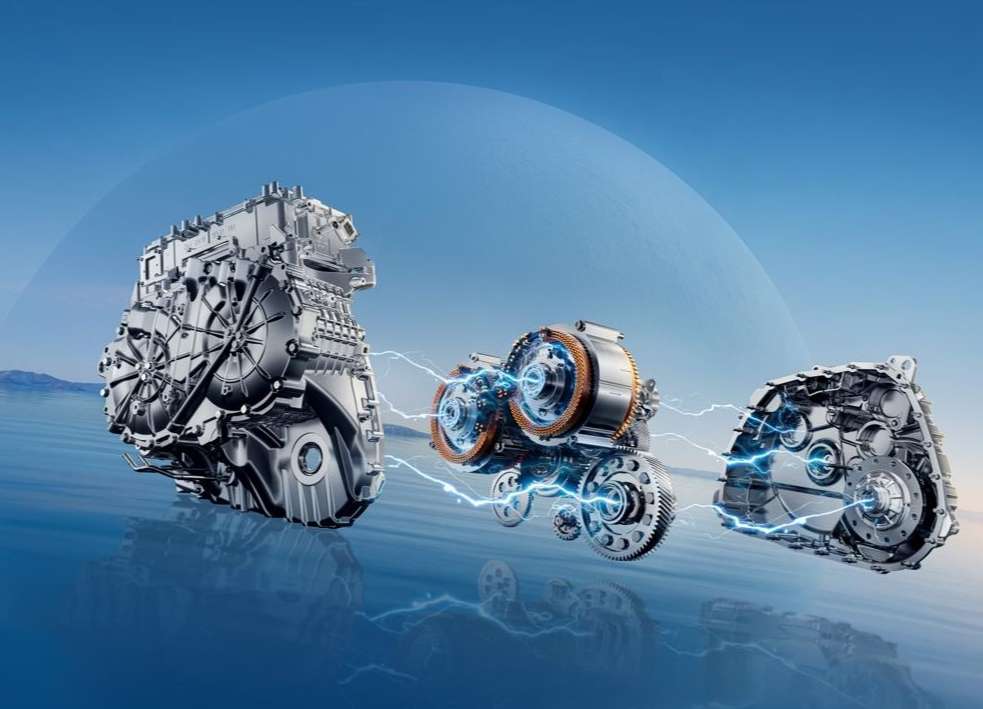Establishing Local Factories to Bypass Trade Barriers
Advertisements
On June 12, the European Commission made headlines with its preliminary ruling regarding anti-subsidy measures against Chinese electric vehicles (EVs). Starting in July, the Commission proposed imposing temporary anti-subsidy tariffs as high as 38.1% on imported Chinese electric cars, a move that has attracted widespread attention and concern.
This action is being interpreted by China as a manifestation of trade protectionism. Ba Wenxi, vice chairman of the China Enterprise Capital Alliance, remarked in an interview that this decision largely overlooks the competitive advantages derived from the open competition within China's electric vehicle industry. He cautioned that it could distort global automotive and supply chains.
The immediate repercussions of this ruling are significant. Ba pointed out that the addition of tariffs would elevate the sales costs of Chinese electric vehicles in the EU market. This increase is likely to result in higher product prices, thereby negatively impacting the competitiveness of these vehicles within Europe. Moreover, as tariffs erode profit margins, Chinese automakers might find their investment and expansion plans in the European market adversely affected. There is also an indirect implication—this situation could motivate Chinese firms to focus more on technological innovation and product enhancement, aimed at increasing the added value of their products. Furthermore, companies might explore new market opportunities or consider localized assembly within the EU to sidestep tariff barriers.

Patrick Hummel, head of European automotive industry research at UBS, provided his insights, noting that if the temporary tariffs become a permanent decision, there would be two main outcomes. Firstly, the concentration of Chinese automotive manufacturers in the EU would likely intensify, meaning plans for expansion by smaller enterprises might face significant hurdles. However, the leading companies in China's automotive industry might forge ahead with their initiatives. Hummel highlighted that for Chinese EV manufacturers, global market profit margins often exceed those in the domestic market, allowing them some flexibility in pricing to mitigate the impact of tariffs.
Secondly, Hummel speculated that major Chinese players could accelerate their local assembly efforts in the EU, which may even be welcomed by member states such as Hungary, Italy, and Spain. He referenced a disassembly report of BYD’s Q-Series seal, which indicated that even after local assembly in Eastern Europe, Chinese leading companies would maintain a 25% cost advantage over traditional EU automakers. This leads to the conclusion that the tariffs would not be a significant boon for many mainstream European automakers, who still face fierce competition in the volume-driven electric vehicle segment. Conversely, high-end manufacturers might remain largely unaffected by this ruling.
A deeper analysis by Jiang Han, a senior researcher at the Pangoal Institution, underscored the direct economic implications of the European Commission's announcement for China's electric vehicle sector, notably through increased production costs and diminished export profits. Indirectly, Jiang warned that the competitiveness of Chinese EV brands in international markets could suffer as consumer confidence dwindles, leading to a potential drop in market share.
Pan Helin, a member of the Information and Communications Economic Expert Committee of the Ministry of Industry and Information Technology, expressed skepticism regarding any erosion of China's international competitiveness in the electric vehicle sector. He emphasized that the affordability of Chinese cars is not a domestic issue; rather, it stems from high inflation and production costs in Europe and the US. He noted that the European Union has begun to lower interest rates, and thus it’s likely that prices will rebound, suggesting that even with the imposition of tariffs, Chinese electric vehicles would retain their competitive edge. He pointed out that Chinese firms have completed their technological journey regarding lithium batteries and are now advancing into the realm of smart and connected vehicles, positioning smart features and lightweight designs as new competitive advantages that significantly enhance user experience compared to their Western counterparts.
In light of potential challenges stemming from these developments, Ba Wenxi advised that Chinese companies ramp up their research and development investments to enhance their product technology and innovative capabilities. He also stressed the importance of strengthening brand recognition to elevate their profile in international markets and adopting a diversified market strategy to reduce dependency on any single market. Establishing overseas manufacturing facilities could also alleviate the burden of trade barriers while bringing companies closer to target markets. Additionally, Ba urged Chinese enterprises to engage actively in the formulation of international trade regulations to protect their legitimate rights and interests.
Jiang Han concluded that to navigate this challenging landscape successfully, Chinese companies would need to implement a series of measures designed to bolster their competitiveness. Key strategies would include enhancing technological innovation and R&D investments to elevate product standards and quality. Firms must also focus on building their brand and marketing strategies to boost their reputation and visibility in the marketplace. Exploring international opportunities through diversified market strategies could further mitigate the impact of fluctuations in specific markets. Moreover, enhancing cooperation with partners throughout the supply chain would be essential for confronting trade barriers and navigating market challenges effectively.
Post Comment